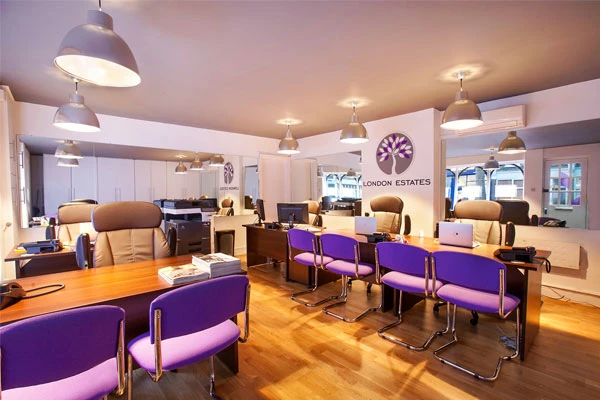
Leasehold and Freehold: what's the Difference - and what does it Mean to You?
When you buy or sell a property, there are two types of ownership: freehold and leasehold. Most of us will be familiar with the former. After all, it’s very common across the whole of the UK.
If you live in London, things are slightly different, though. If you’re selling a leasehold property in West London or buying one, you’ll learn that most properties here are different to freehold, and you’ll lease the land rather than own it. The conveyancing process will also be distinct.
Not sure about the difference between the two? Don’t worry, we’ve outlined the basics here.
What is a Freehold?
In short, buying a house means you’ll own all the buildings on the land, plus the land itself. Once the purchase goes through, you’ll be classed as the owner, as stated on the land registry entry (the ‘title absolute’)
Most types of house sales and purchases are freehold. But flats, and some properties within London, tend not to be. Rather, they are classed as ‘leasehold’. The only way to know which one applies to you is by checking your legal paperwork.
As a freeholder, you usually own everything. So, you won’t need to pay service charges or ground rent. However, it is your responsibility to keep the property well maintained.
The only exception to this is if you’re buying a shared freehold. This is common with apartments where you’ll have ownership of the freehold title, but your apartment will be classed as leasehold. Share of freehold in West London is fairly common for apartment ownership.
The company or individual that owns the apartments will be listed on the freehold title, while the apartment owners are classed as shareholders. In such an arrangement, you, the leaseholder, have better control over things such as maintenance and insurance etc..
With leasehold, the property isn’t fully owned. Instead, it is leased for a set number of years from a freeholder, and we will talk more about this below.
So, what is a Leasehold? Why is it Different?
As we’ve mentioned, freehold is where the property and land are owned outright. However, a leasehold is when a property is leased to someone for a set number of years, and they don’t own it.
This works by way of a contract which is drawn up between the leaseholder and freeholder, which will include legal rights, duties and obligations. Leaseholders are responsible for paying service charges to cover things like building insurance and maintenance fees.
The contract could include certain responsibilities such as maintaining communal areas, cleaning and building work. A sinking fund and ground rent may also be charged by the freeholder.
Unlike a freehold, the leaseholder cannot do certain works to their property without getting permission from the freeholder. Therefore, leaseholders can’t commence work like an extension without prior consent. Similarly, leaseholders may not be allowed pets in the property and can end up not being allowed to sublet either, these are known as restricted covenants.
With all of this in mind, it’s crucial a buyer checks and double checks all of the paperwork and covenants inside the lease - so they know what they are letting themselves in for.
Generally, contractual details stay the same, apart from when the contract is very old. Aside from this, though, the key details usually remain the same. If the contract does happen to be old, it will be worth extending the lease, particularly if there are less than 80 years left on it. Some lenders require this anyway, as they won’t lend on a short-term lease.
While extending a lease does come at a cost and can be complex, there are multiple government guides and tools out there to help, along with specialist conveyancers/surveyors.
Is it more difficult to sell a leasehold property?
If there are 90 years or less remaining on the lease, then yes, selling a leasehold property can be more difficult. However, as we already mentioned, there is a way around this by extending the existing lease.
Selling a leasehold property in West London
The prospect of buying a leasehold property may seem daunting, particularly because of the legal implications involved. But it needn't be stressful.
At London Estates, we can help you with the paperwork. Plus, as we are experts in freehold and leasehold property, we can answer any questions you may have.
Written by John Rigg
Source London Estates






